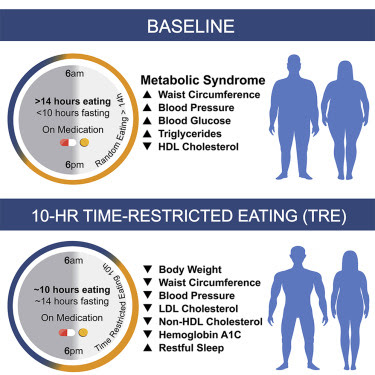Autophagy and The Gut's Role in Parkinson's Disease

Parkinson's disease is a neurological disorder in which neurons and dopamine-producing cells in your brain begin to die. Symptoms progress over time and include tremors, slow movements, rigid limbs, shuffling gait, stooped posture and an inability to move. Patients may also experience a reduced ability to make facial expressions. While patients suffer significant physical disability, the condition may also trigger depression, speech impediments and personality changes. There is also an association with dementia. Parkinson’s affects as many as 7 million to 10 million adults worldwide, and approximately 60,000 Americans are diagnosed with Parkinson's every year. 1 Although incidence of the disease increases with age, an estimated 4% of those with Parkinson's are diagnosed before the age of 50. Men are 1.5 times more likely to have Parkinson's than women, and treatment can be expensive. Medications can an average $2,500 a year, while therapeutic surgery may cost up to $100...
